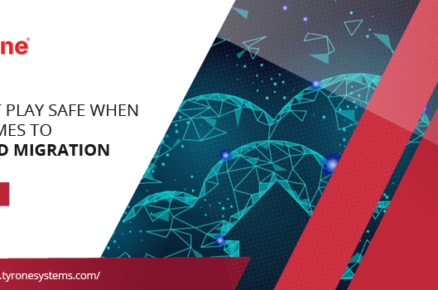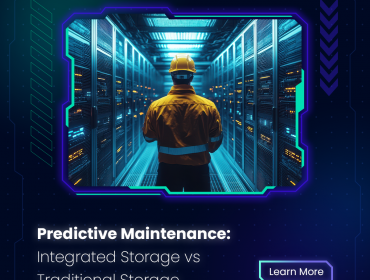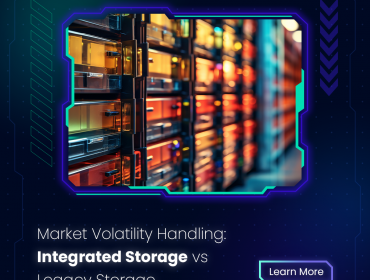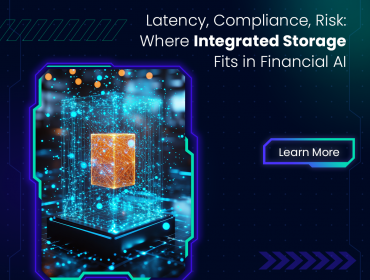According to Microsoft commissioned study conducted by IDC The future of IT is “CLOUD”. By 2018 cloud computing may generate 2 million jobs in India. There are numerous business advantages offered by cloud computing in terms of scalability, availability, flexibility etc, what is important is to carefully tap the business potential. The prime concern is to secure the data of client in “CLOUD”. There are various courses nowadays that are offered but how can we choose the right course for us. Let’s talk about the 5 cloud computing courses in India and their key features:
- IT infrastructure Management Specialist course (ITIM) by IIJT
This course is offered by IIJT centers across the country. ITIM is a six module course with the duration of 416 hours i.e. 10 months. Below are the details of each module:
- Module 1: CompTIA Server + (56 Hrs)
- Module 2: Storage Essentials, SAN Fundamentals, Backup and Disaster Recovery (100 Hrs)
- Module 3: Introduction to Cloud Computing, Microsoft Hyper-V and Introduction to Citrix Xen Application Virtualization (80 Hrs)
- Module 4: Microsoft Cluster Server 2008 (36 Hrs)
- Module 5: Introduction to Data Centre (26 Hrs)
- Module 6: Microsoft SCOM, SCCM, SCVMM and ITIL V3 Foundation (118 Hrs)
(Details: http://goo.gl/56KmxR )
- Cloud Computing with Amazon Web Services
A two day certificate course with the aim to empower you with hands on experience so that you are able to develop & deploy highly scalable applications on AWS platform. The course is offered by Cloud that which outlines the following contents for the learners:
- AWS Fundamentals
- Review of all AWS Services
- Amazon Simple Storage Service (S3)
- Amazon Elastic Compute Cloud (EC2)
- Amazon Elastic Block Storage (EBS)
- Amazon Elastic IP-Address Service
- Amazon Relational Database Service (RDS)
- Amazon Elastic Load Balancer (ELB)
- Amazon CloudWatch
- Auto Scaling of EC2 Instances
- Introduction to Google Cloud (Google Compute Engine), Microsoft Azure Cloud, HP Cloud. Similarities and differences between these public Cloud offerings.
(Details: http://www.cloudthat.in/)
- Cloud Computing Securities
Furnished by Institute of Information security, this course initially offers the characteristics of cloud computing and later on focus specifically on Cloud security. The course is featured with 5 sessions listed below:
- Session One: Cloud Knowledge Foundation
- Introduction to cloud
- History of Cloud Computing
- Architectural Overview
- Security Architecture
- Terms & Terminologies
- Cloud Deployment Types
- Public Cloud
- Private Cloud
- Hybrid Cloud
- Community Cloud
- Service Model Types
- Software As Service
- Platform As Service
- Infrastructure As Service
- Some Real-world Cloud scenarios – Case Studies
- Session Two: Knowing Cloud Vendors – Demos
- Amazon
- Azure
- Session Three: Security concerns
- Virtualization Concepts
- Provisioning, Storage, Operation, Networking and Security
- Risk Assessment on Cloud
- Privacy and Confidentiality Concerns
- Auditing Methodologies in Cloud
- Forensics on Cloud
- Emerging Threats
- Session Four: Security best practices
- Security in Architecture
- Data Security
- Data at Rest
- Data at Motion
- Encryption & Masking
- Cloud Lock-in
- Session Five: Security Standards
- OWASP Cloud Top 10 Security Risks
- NIST Security Control
- Cloud Security Alliance
(Details: http://iisecurity.in/courses/cloud-computing-security-course.html )
- Learn on cloud
The course offered by HCL Learning on Cloud offers certain free hours of training segregated in five streams- Java, Android, Digital VLSI, Web designing and English language. Learn on Cloud gives everything you need to become a master of the subject – from practical training to theory backed content. Course content is in the form of video files, PDF images and presentations. Other value adds are ‘Virtual labs’, consulting with experts and a discussion forum. Moreover, a highly relevant article base integration with HCL employment scenario, market reports, and job feeds are a prominent feature of our cloud learning module.
(Details: http://www.hcllearning.com/?page_id=32)
- Cloud Computing Architecture
This course offered by CloudGurukul makes you confident enough to get into cloud computing. This course offers the following key features:
- Introduction Cloud computing architecture
- On Demand Computing
- Virtualization at the infrastructure level (ESXi & KVM)
- Bare metal Virtualization role in Cloud Computing
- What is Stateless & Statelite
- Advantages of stateless and Statelite OS provisioning
- CPU Virtualization – A discussion on Hypervisors
- Storage Virtualization – A discussion on SAN, ISCSI
- Network Virtualization – A discussion on VLAN
(Details: http://cloudgurkul.com/)











